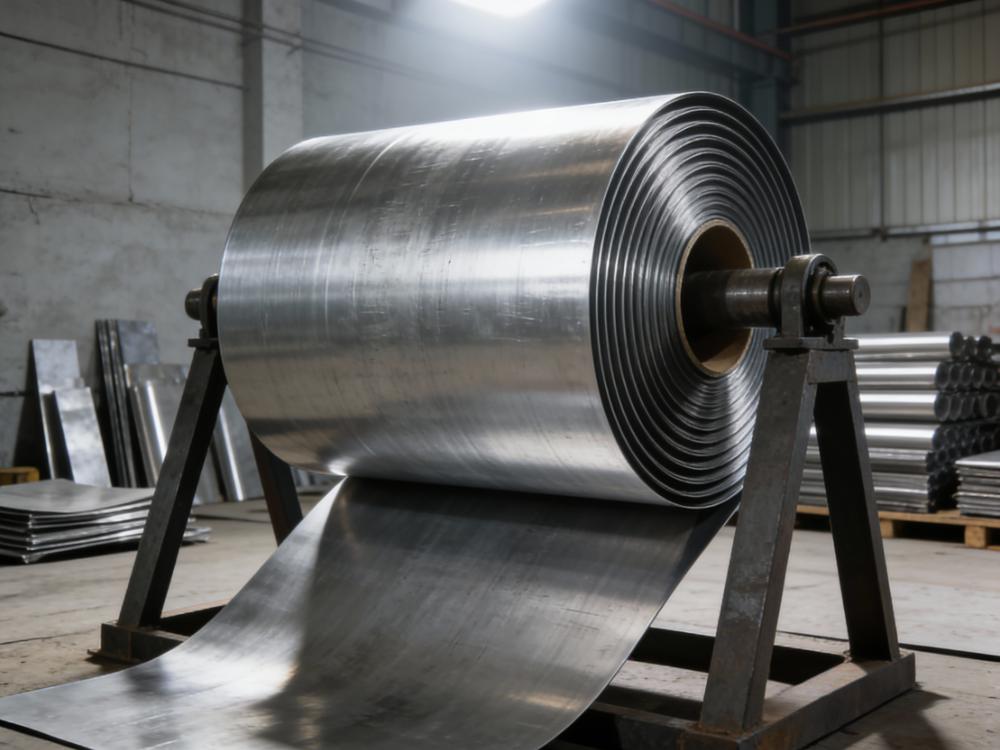SMM: as the epidemic continues to impact the global economy, major car companies are struggling, and Daimler (Daimler), the world's largest luxury car manufacturer, is no exception. Germany's oldest carmaker has said it will stop expanding at home and turn to invest in the fast-growing Chinese market.
Daimler, the parent company of German car giant Mercedes-Benz, has ruled out expanding production at home as it prepares to further cut costs in response to a sharp decline in global car sales, according to media reports.
In July, it was reported that Daimler planned to cut jobs, involving as many as 30,000 employees, in response to falling revenue.
Durham's labor costs are significantly higher than those of its competitors. Volkswagen, for example, has only 40 per cent of its employees in Germany, while more than half of Daimler's more than 300,000 employees are in Germany, where wages are significantly higher than in central and eastern Europe and Asia.
Turn to invest in China
Kang Linsong (Ola Kaellenius), chief executive of Daimler, said a few days ago that the company would turn to invest in the fast-growing Chinese market.
Daimler Group reported a loss of about 13.6 billion yuan in the second quarter, according to the results released in July. Mercedes-Benz sold 935089 cars worldwide in the first half of the year, down 17.6% from a year earlier. Sales of other brands have also fallen sharply.
Despite the sluggish global Mercedes-Benz sales performance in the first half of the year, the Chinese market achieved positive growth. Mercedes-Benz sold 346067 cars in China in the first half of this year, up 0.4% from the same period last year, which is not easy at a time when the overall car market is declining. It is worth mentioning that Mercedes-Benz is also the only brand to achieve sales growth among the BBA (Mercedes-Benz, BMW and Audi) in the first half of the year.
Last year, Mercedes sold only 15% of its sales in Germany, while it sold twice as many cars in China as it did in Germany-about 700000 vehicles.
The wave of layoffs in the automobile industry continues.
A few days ago, the German auto parts giant Continental Group (Continental) announced that it would lay off as many as 13% of its employees worldwide, and 30, 000 jobs are expected to be affected, in order to reduce labor costs by at least 1 billion EUR a year.
In June, the German metals union (IG Metall), which represents most of Germany's auto industry workers, said Germany could lose at least 80, 000 jobs as the epidemic depressed the global car market.
In fact, the auto industry had already seen a large number of layoffs before the outbreak, as the industry had to cut costs to increase investment in the manufacture of costly electric cars.
BMW, another German luxury car giant, announced in June that it would cut 6000 jobs for the first time since the financial crisis. Audi said in a statement at the end of last year that it planned to cut 9500 jobs, or 10.6% of its workforce, by 2025 to save 6 billion EUR, to support companies to accelerate the transition to electrification and digitization. In addition, in April, Volkswagen announced 1500 layoffs in order to reduce operating costs.
"Click to understand and sign up: 2020 China Automotive New Materials Application Summit Forum
Scan the QR code above to view the business cards of the participating companies and sign up online

Scan the code and apply to join the SMM Automotive Industry Exchange Group.




